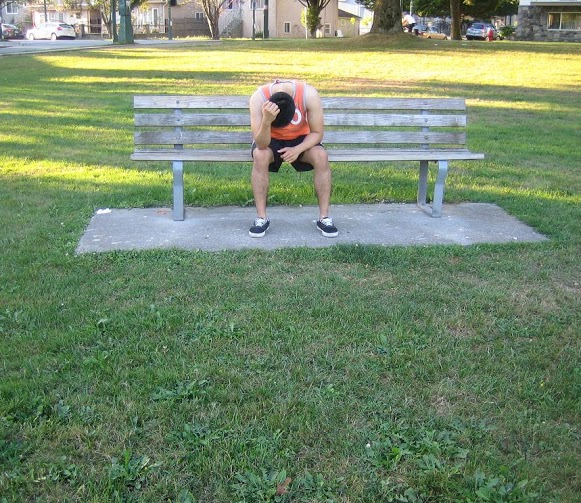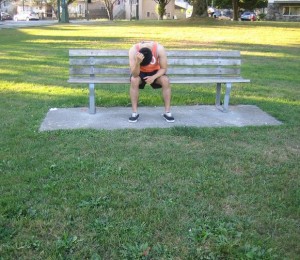Medication-induced headache is a common concern after a tension-type headache and migraine. This can occur at any age but common among individuals in their 30s and 40s. Additionally, women are typically affected than men.
Take note that a medication-induced headache starts after using pain medications or triptan medications for migraine or tension-type headaches. This occurs if the individual has been using the medication as instructed. It is a usual cause of headaches that occur daily or on most days.
A diagnosis of a medication-induced headache is essential. This type of headache is characterized based on the following characteristics:
- Headache has been present for at least 15 days in a month.
- An episode has developed or evidently worsened during overuse of medication.
Take note that a medication-induced headache starts after using pain medications or triptan medications for migraine or tension-type headaches. - An episode resolves or reverts to its previous pattern within 2 months of discontinuing the overused drug.
- Regular overuse for 3 months or longer using one or several drugs that can be used for treating headaches.
The headache should resolve within 2 months of cessation of overuse for a diagnosis to be sure.
How does a medication-induced headache occur?
Among those who suffer from tension-type headaches or migraines, pain medications or triptans are often used more than needed. Over time, the body becomes used to these medications.
A rebound or withdrawal headache develops if the drugs are not used within a day or so of the last intake. The individual believes that he/she is having another episode of tension-type headache or migraine, thus he/she takes a pain medication or triptan. Once the effect wears out, another withdrawal headache develops.
A medication-induced headache is often worse first thing in the morning or after physical activity. It can be a continuous dull sensation along with spells if it worsens.
What are the responsible medications?
- Triptans that are utilized for migraine attacks
- Opiate-containing medications such as codeine
- Ergotamine
- Non-steroidal anti-inflammatory drugs (NSAIDs) such as aspirin, ibuprofen and naproxen.
The issue with a medication-induced headache is usually linked with using the drug for a headache. In case the medication is used for something else, the same effect is not evident unless the individual is susceptible to headaches.


